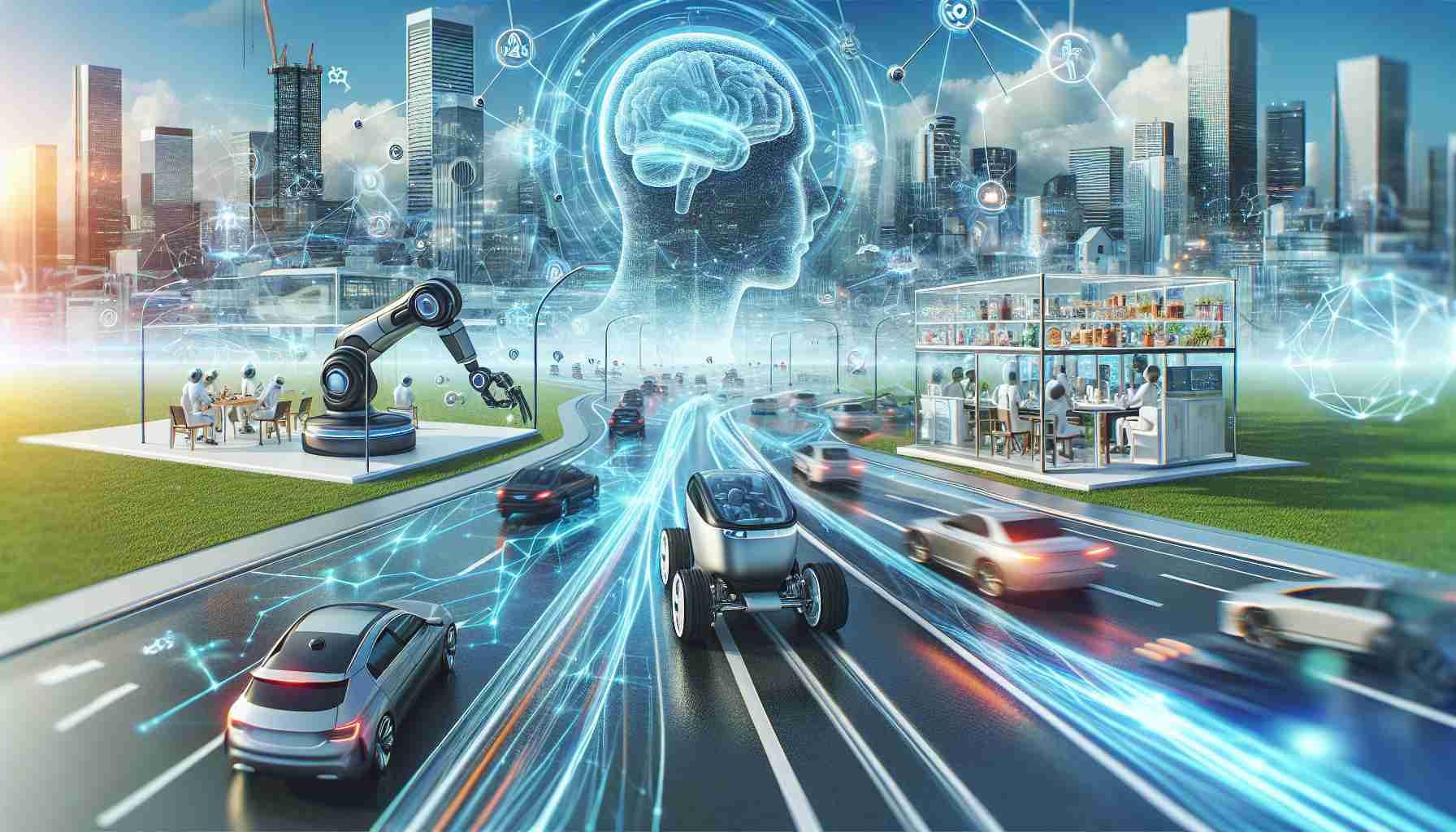Glimpsing into the realms of the future, one cannot escape the pervasive influence of artificial intelligence (AI) on society. Conjectures abound about the disruptive potential, innovative opportunities, and even apocalyptic scenarios posed by the advancements in AI technology.
Statement: AI threatens the job market, rendering many traditional roles obsolete and heightening societal disparities.
Rebuttal: Historical precedents, from the industrial revolution to the advent of computers, have invoked similar fears of widespread unemployment. Yet, economic, political, and social dynamics have proven to be equally influential in shaping the workforce throughout history.
Statement: AI complicates the distinction between truth and falsehood, amplifying concerns about misinformation.
Counterargument: The evolution of communication tools, from speech to social media, has always been accompanied by challenges of authenticity. Despite AI’s potential for manipulation, human discernment and ethical considerations remain crucial in navigating the information landscape.
Statement: Military AI applications may escalate the lethality of warfare.
Rebuttal: Similar apprehensions surrounded past technological innovations like firearms and aircraft. Ultimately, the conduct of conflict is shaped by multifaceted factors beyond technological advancements, as evidenced by historical conflicts and their human toll.
Statement: AI threatens traditional art forms and artists.
Counterargument: Throughout history, new art forms like photography and cinema were perceived as threats to traditional mediums, yet they enriched artistic expression. Similarly, AI can be seen as a tool for creative exploration rather than a replacement for human innovation.
Statement: AI revolutionizes everything.
Rebuttal: Past proclamations of transformative technologies, such as the internet in the 1990s, often overestimated the extent of change. While AI holds immense potential, fundamental aspects of human existence and relationships remain intrinsic, defining factors in the evolving landscape of innovation.
Additional Facts About AI Impact: While AI is often associated with futuristic concepts, it has already made significant inroads across various industries, including healthcare, finance, transportation, and entertainment. Companies are increasingly leveraging AI to optimize processes, enhance customer experiences, and drive innovation.
Key Questions: One important question to consider is how AI will impact privacy and data security. As AI systems collect and analyze vast amounts of data, ensuring the protection of individuals’ information becomes critical. Additionally, ethical considerations surrounding AI decision-making and accountability raise questions about the potential biases embedded in AI algorithms.
Key Challenges: A major challenge in the development and deployment of AI technologies is the issue of transparency and interpretability. As AI systems become more complex and autonomous, understanding how they arrive at decisions becomes crucial for trust and accountability. Addressing concerns related to job displacement and skills retraining also presents a significant challenge for policymakers and organizations.
Advantages and Disadvantages: The advantages of AI include increased efficiency, personalized experiences, and enhanced decision-making capabilities. AI can streamline processes, generate insights from large datasets, and automate repetitive tasks. However, the disadvantages of AI encompass concerns about job displacement, algorithmic biases, and potential misuse of autonomous systems. Balancing the benefits of AI with ethical, social, and economic implications remains a key challenge going forward.
Related Link: World Health Organization

